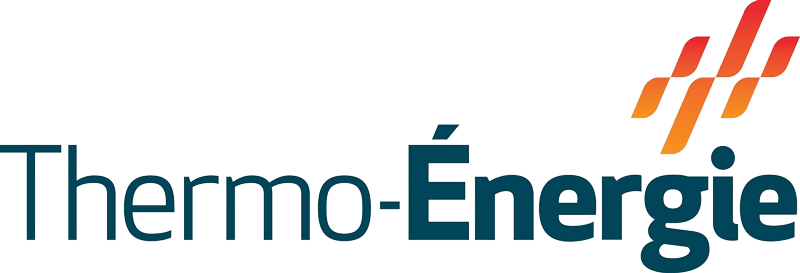Combustion technician
We use the best quality equipment and parts on the market, adapted to your needs.
What is a combustion technician?
Combustion technician
A combustion technician is a qualified professional responsible for ensuring the proper operation of heating systems and industrial appliances. In Quebec, this specialist is essential to guaranteeing the safety and efficiency of thermal installations. They work on combustion equipment such as burners and natural gas furnaces. A combustion technician must hold a certificate of qualification issued by the Quebec Ministry of Education. He or she must have solid professional experience in the field of combustion and industrial heating. His or her duties include inspecting, maintaining and repairing heating equipment to ensure its proper operation. A combustion technician, sometimes called a heating engineer, is a key player in meeting the heating needs of commercial and industrial facilities. He or she must be able to consult and follow the standards and regulations in force in the combustion industry.
Heating
Combustion for heating is an essential operation in many industrial sectors. A combustion technician is responsible for installing, maintaining and repairing heating systems to ensure safe and efficient operation. He or she is responsible for ensuring that gas-fired appliances operate correctly and comply with current standards. Natural gas heating is widely used in many commercial and industrial installations in Quebec. A combustion technician must be able to carry out the necessary repairs on heating equipment to keep it in good working order. They must also be able to draw up inspection and maintenance reports to ensure compliance.
Device
Heaters and burners are essential components of combustion systems. A combustion technician must be qualified to work on these devices and ensure their proper operation. He or she is responsible for verifying the validity of equipment certifications and ensuring that they meet current safety standards. A combustion technician must be able to diagnose malfunctions in heating equipment, and repair them on an emergency basis if necessary. They must also supervise installation and maintenance work to ensure compliance with industry requirements.
What are the tasks involved in combustion maintenance?
Maintenance
Maintenance of combustion systems is a crucial task to ensure their smooth operation and extend their service life. A combustion technician must carry out regular inspections to detect any problems and remedy them quickly. They must also carry out preventive maintenance on equipment to avoid breakdowns and service interruptions. In addition to preventive maintenance, a combustion technician is called upon to carry out repairs on equipment in the event of malfunction. He or she must be able to diagnose problems, replace faulty components and test the system to make sure it's working properly. His mission is to keep heating equipment in good working order.
Maintenance
Maintenance of combustion appliances involves a number of activities, such as cleaning burners, replacing filters and checking settings. A combustion technician must follow the manufacturer's recommendations to ensure the performance and safety of the equipment. He or she is responsible for maintaining thermal installations in optimum operating condition. In addition to preventive maintenance tasks, a combustion technician must draw up service reports to record operations carried out and parts replaced. They must also make recommendations to improve energy efficiency and equipment reliability. Rigorous maintenance helps prevent breakdowns and optimize combustion system performance.
Equipment repairs
Repairs to combustion equipment require advanced technical skills and in-depth knowledge of thermal systems. A combustion technician must be able to quickly identify problems, propose appropriate solutions and carry out the necessary repairs. He or she must ensure that faulty components are replaced and that equipment is operating at optimum efficiency. In the event of an emergency, a combustion technician must intervene quickly to restore the operation of heating equipment. He must be ready to work under pressure and solve technical problems as quickly as possible. Their ability to carry out effective repairs helps to ensure business continuity in industrial and commercial installations.
Inspections
Les inspections régulières des équipements de combustion sont essentielles pour prévenir les risques d’incident et assurer la sécurité des installations. Un technicien en combustion doit effectuer des inspections approfondies pour détecter les signes de défaillance et les dysfonctionnements éventuels. Il doit être capable d’évaluer l’état des équipements, de vérifier les réglages et de garantir leur conformité aux normes en vigueur. En plus des inspections préventives, un technicien en combustion doit être en mesure d’identifier les points de non-conformité et de proposer des actions correctives. Il doit assurer un suivi rigoureux des équipements inspectés et veiller à ce qu’ils fonctionnent de manière optimale. Son expertise dans les inspections contribue à maintenir des conditions de travail sûres et à réduire les risques liés à la combustion.
What are the safety standards for combustion?
Standards
Combustion safety standards are designed to protect people and property from the risks associated with handling thermal equipment. A combustion technician must be familiar with the standards in force, and ensure that they are respected during his or her work. They must ensure that heating systems meet safety and reliability requirements. In addition to safety standards, a combustion technician needs to keep abreast of the latest regulations applicable in his field. He or she must keep abreast of changes in legislation to ensure that installations comply with legal requirements. Their knowledge of safety standards enables them to prevent incidents and maintain safe working conditions.
Certification validity
Combustion equipment certifications guarantee compliance with safety and quality standards. A combustion technician must check the validity of equipment certifications to ensure their reliability. He or she must be able to recognize certification logos and symbols to ensure that installed equipment complies with current standards. If in doubt about the validity of certifications, a combustion technician must consult the relevant certification bodies to obtain the necessary information. He must be able to determine whether equipment complies with safety and quality requirements. His vigilance regarding the validity of certifications helps prevent the risk of combustion-related accidents.
Supervision and compliance
Supervision and compliance with safety standards are essential aspects of a combustion technician's job. He or she is responsible for ensuring that heating systems comply with current standards and operate as intended. He or she is responsible for ensuring the safety of the equipment and the people who use it, following the recommendations of the relevant authorities. In addition to supervising heating installations, a combustion technician must draw up compliance reports to certify that equipment complies with current standards. He or she must be able to identify deviations from standards and propose corrective measures. Their rigorous supervision helps maintain safe working conditions and prevent the risk of combustion-related accidents.





